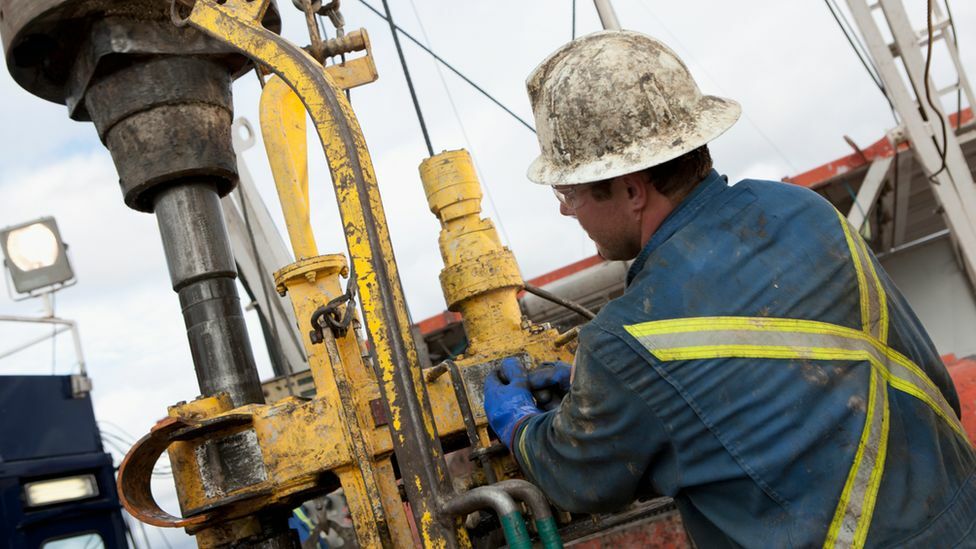Opec+ agrees extended production cuts to boost flagging oil prices

Oil-producing nations have agreed to extend production cuts in an effort to support struggling prices. Saudi Arabia announced its intention to reduce output by one million barrels per day (bpd) in July, while Opec+ stated that targets would decrease by an additional 1.4 million bpd from 2024. Opec+ represents approximately 40% of global crude oil production, and its decisions significantly influence oil prices. Last month, the UK saw average diesel prices drop by a record 12p per litre, as reported by the RAC.
The seven-hour meeting of oil-rich countries, led by Russia, took place amid falling oil prices and an oversupply of the commodity. Total production cuts implemented by Opec+ since October 2022 reached 3.66 million bpd, according to Russian Deputy Prime Minister Alexander Novak. Opec+, which refers to the Organisation of Petroleum Exporting Countries and its allies, had previously agreed to reduce production by two million bpd, equating to around 2% of global demand.
“The result of the discussions was the extension of the deal until the end of 2024,” Novak said. In April, Opec+ also agreed to a surprise voluntary cut of 1.6 million bpd, which took effect in May. This decision temporarily increased prices but failed to produce a lasting recovery. On Sunday, Saudi Energy Minister Prince Abdulaziz bin Salman stated that the reduction of one million bpd could be extended beyond July if necessary. “This is a Saudi lollipop,” he said, in an effort to stabilise the market.
Before the two-day Opec+ meeting began, it was widely anticipated that the oil cartel would implement production cuts to support prices. However, most members were opposed to the idea, as any reductions would affect oil revenues, which are essential for maintaining their economies. Saudi Arabia’s decision to voluntarily cut one million barrels per day was unexpected but not entirely surprising. As the leading exporter of oil, it was the only country in a position to lower output.
For Riyadh, it is crucial that the price of crude remains above US$80 per barrel to break even. Saudi officials seek elevated prices to continue investing billions of dollars in ambitious projects led by Crown Prince Mohammed bin Salman, who aims to diversify the kingdom’s economy away from oil. The move by Saudi Arabia also highlights the uncertain demand outlook for fuels in the coming months, with concerns about the global economy and potential recessions in the US and Europe expected to place further pressure on crude prices.
Oil producers are currently dealing with falling prices and high market volatility due to the Russian invasion of Ukraine. The West has accused Opec of manipulating prices and undermining the global economy through high energy costs, according to Reuters. It has also accused the group of siding with Russia despite sanctions over the invasion of Ukraine. In response, Opec insiders have argued that the West’s monetary policy over the last decade has driven inflation and forced oil-producing nations to act to maintain the value of their main export.
Latest Thailand News
Follow The Thaiger on Google News:


























